Exploring the Versatility of Chapati Dough Mixers
The art of making chapati, a staple in many cuisines, necessitates the use of a specialized kitchen device known as a chapati dough mixer. This essential equipment is designed to create the perfect dough consistency required for soft and fluffy chapatis. With various models available, such as the chapati dough maker machine and the roti dough mixer, choosing the right one can significantly enhance the efficiency of food preparation in commercial settings.
Types of Chapati Dough Mixers
Understanding the different types of mixers is crucial for selecting the right one. The horizontal mixer is known for its robust mixing action, providing thorough stretches and folds. For larger volumes, the spiral chapati mixer is a popular choice in bakeries, capable of handling significant quantities of dough with ease. On the other hand, the planetary chapati dough stand mixer stands out for its versatility, featuring interchangeable accessories like paddles and hooks, catering to various mixing needs beyond just chapati dough.
Features and Applications
When delving into the features of a chapati dough mixer, it's important to consider its applications. The mixers are not only for chapati but also adept at preparing dough for other types of bread and baked goods. The chapati dough kneading machine is specifically designed to mimic hand-kneading, promoting gluten development for an ideal dough texture. Additionally, certain models like the chapati maavu mixer are tailored to handle the specific consistency required for chapati dough, ensuring a uniform mix every time.
Capacity and Size Considerations
The capacity of a chapati mixer machine is a pivotal factor, especially in a commercial kitchen where volume is key. A larger mixer can process more dough in a single batch, saving time and labor. However, the physical size of the mixer is equally important; it should integrate seamlessly into the kitchen space without causing any operational disruptions. The chapati mixing bowl size should align with the mixer's capacity to ensure efficient mixing without spillage.
Material and Technology
The construction material of a chapati mixer and maker impacts its durability and performance. Stainless steel mixers are common due to their longevity and ease of cleaning. Technological advancements have also introduced features that enhance the mixing process, such as variable speeds and programmable timers. While selecting a roti kneading machine, it's essential to consider these technological aspects to ensure they meet the specific needs of chapati dough preparation.
Advantages of Using a Chapati Dough Mixer
Employing a chapati kneader in a commercial kitchen offers numerous advantages. It not only saves manual labor but also ensures consistency in dough quality, which is crucial for producing high-quality chapatis. The efficiency of a chapati dough in KitchenAid or similar mixers also translates to faster production times, allowing kitchens to meet high demand without compromising on the quality of the end product.
For businesses seeking to enhance their chapati-making process, a visit to Alibaba.com provides access to a diverse range of chapati dough mixer options. With a focus on meeting the needs of various culinary operations, Alibaba.com is the go-to platform for sourcing commercial kitchen equipment.











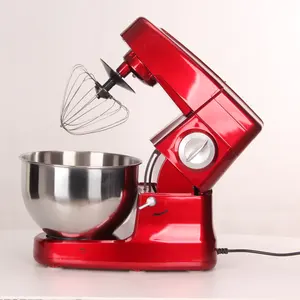
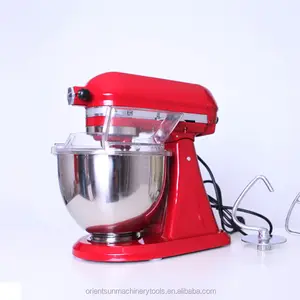
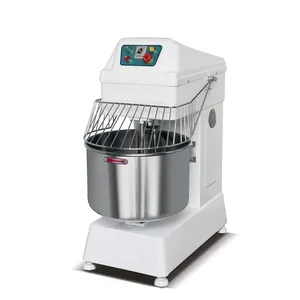
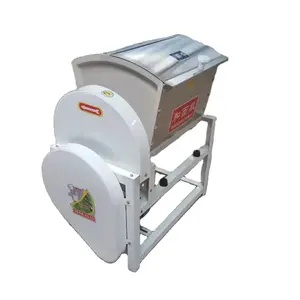


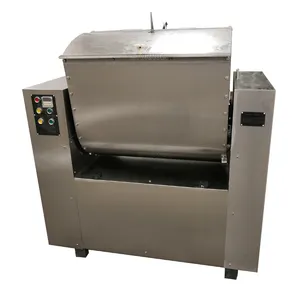






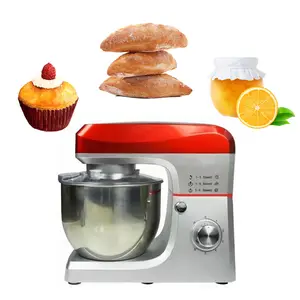

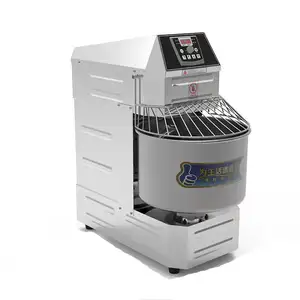





















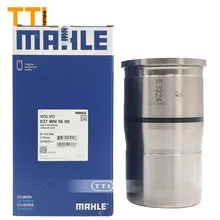
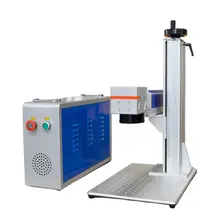


























 浙公网安备 33010002000092号
浙公网安备 33010002000092号 浙B2-20120091-4
浙B2-20120091-4